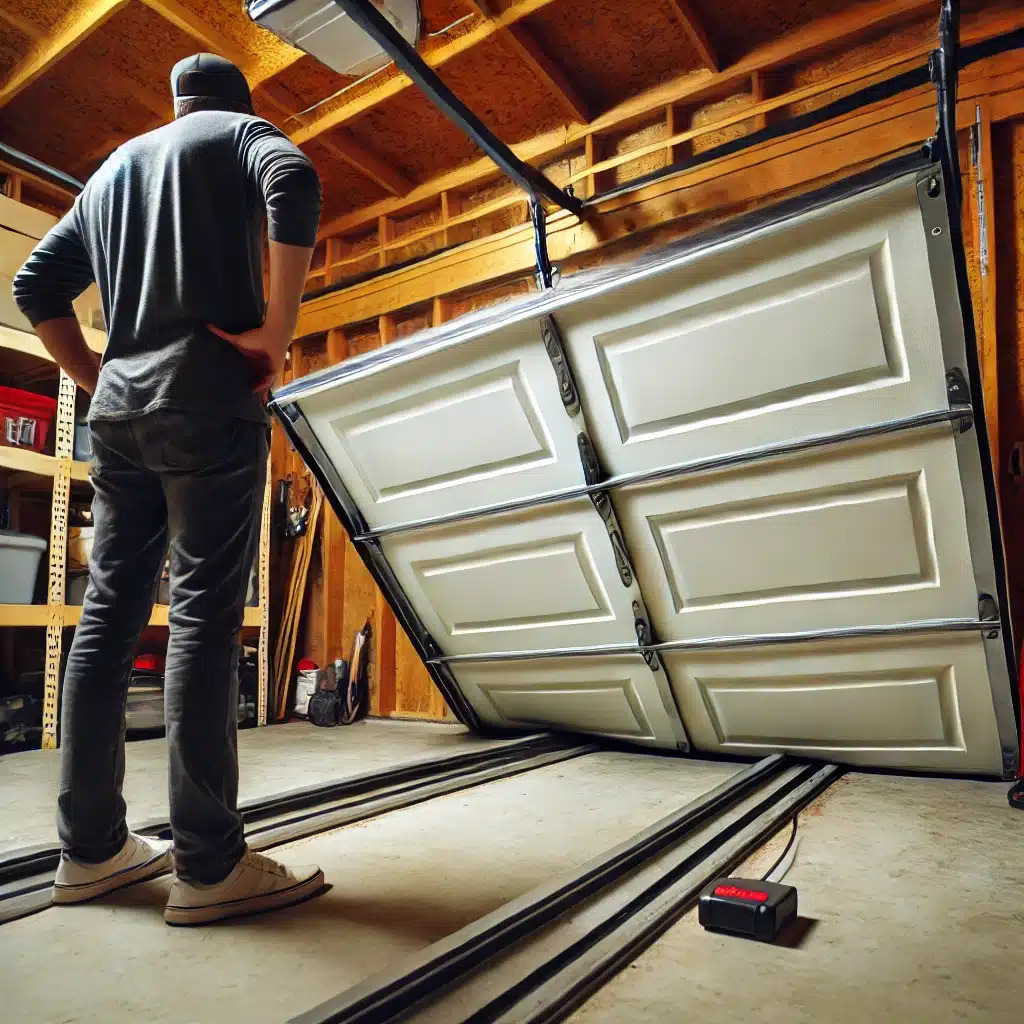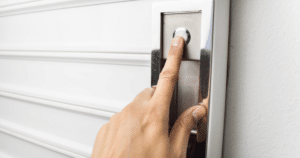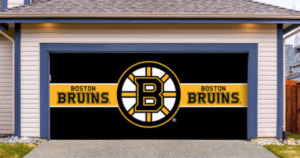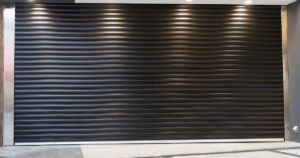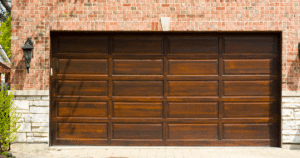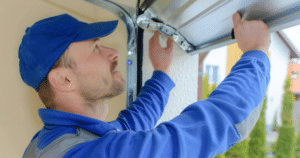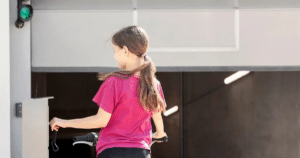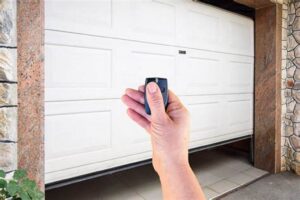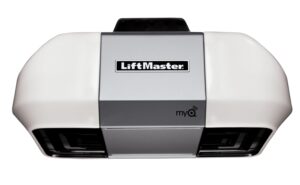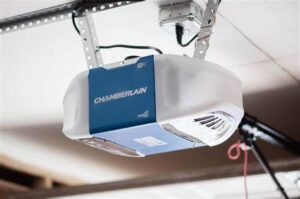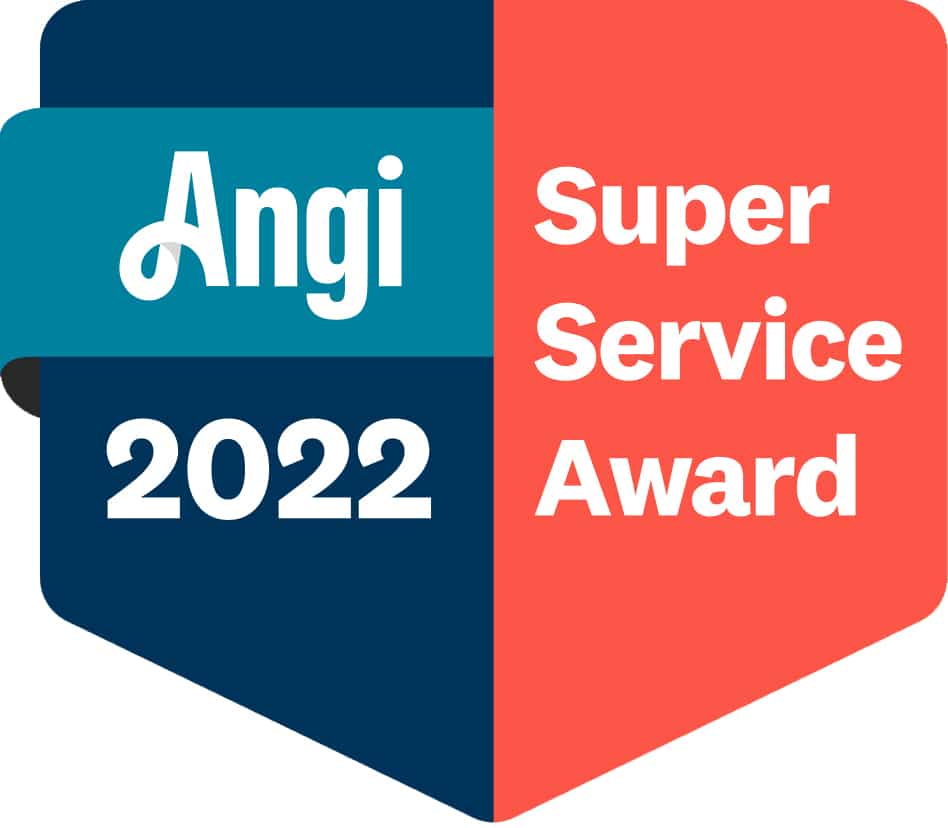Garage doors are essential to many homes, providing security and convenience. However, like any mechanical system, they can run into problems that stop them from closing properly. It can be frustrating and unsafe when your garage door won’t close. Fortunately, there are straightforward solutions available to tackle this issue.
In this blog, we’ll look at some common reasons why your garage door may not close, such as blocked sensors, issues with the opener, or alignment problems. We’ll also guide you through easy steps to perform garage door repair yourself. Whether checking the sensors, resetting the opener, or removing any obstructions, these fixes can help you get your door back in working order.
This quick guide will allow you to troubleshoot the issue and independently handle the garage door repair. With these simple tips, you can keep your home safe and your garage door working smoothly.
Reasons Why Your Garage Door Won’t Close
There are several reasons why a garage door may refuse to close. A few of the most frequent issues are:
Obstructed Safety Sensors
Garage doors are equipped with safety sensors that identify any obstacles in their path. If these sensors are blocked by dirt or debris or are misaligned, the door won’t close. Ensure the sensors are clean and aligned to allow the garage door to function safely and close safely.
Malfunctioning Remote Control
If your garage door remote control isn’t working, the issue could be dead batteries or interference with the signal. Try replacing the batteries or checking for signal interference. Fixing these simple issues will usually restore the remote’s functionality and allow the door to close correctly.
Damaged or Misaligned Tracks
Bent, damaged, or misaligned garage door tracks can prevent the door from closing smoothly. The door can get stuck or jammed when the tracks are out of alignment. Inspect the tracks regularly and have them repaired or realigned to ensure the door moves freely and closes correctly.
Lack of Lubrication
The garage door may struggle to close if the rollers, hinges, or other moving parts lack lubrication. Friction from dry parts can cause the door to operate poorly. Regularly applying lubricant to these parts will help reduce friction and allow the door to move smoothly.
Improper Limit Settings
Garage door openers have limit settings that control how far the door travels. If these settings aren’t properly adjusted, the door may stop short or fail to close entirely. Adjusting the limit settings ensures the door closes completely and operates as expected.
Worn or Broken Garage Door Opener
With time, the garage door opener may become worn or damaged, causing issues with the door’s operation. If the opener is no longer functioning correctly, it may need repair or replacement to restore the door’s ability to open and close correctly.
Checking the Safety Sensors
One of the most common reasons a garage door won’t close is an issue with the safety sensors. These sensors are designed to detect any obstruction in the door’s path and prevent it from closing, ensuring the safety of people and pets.
To check the safety sensors:
- Locate the sensors near the bottom of the garage door frame, close to the ground.
- Ensure that the sensors are correctly aligned and that the LED lights on each sensor are illuminated, indicating that they are functioning correctly.
- If the sensors are not aligned, gently adjust their position until the LED lights are on and the sensors face each other.
- Check for obstructions, such as cobwebs, dirt, or debris, that may interfere with the sensors’ operation and clear them away.
- If the sensors are still not working correctly, you may need to replace them or have a professional technician inspect the system.
Testing the Garage Door Remote Control
A malfunctioning remote control is another potential cause of a garage door that won’t close. To test the remote control:
- Stand close to the garage door and press the “close” button on the remote. If the door responds, the remote is likely functioning correctly.
- If the door does not respond, replace the batteries in the remote and try again.
- If the door still does not respond, the issue may be with the remote control itself. You can try programming a new remote or replacing the existing one.
- If the problem persists, there may be an issue with the garage door opener’s receiver, and you may need to have a professional technician inspect the system.
Examining the Garage Door Tracks and Rollers
The garage door tracks and rollers are crucial to the door’s smooth operation. If these components are damaged or misaligned, the door cannot be closed correctly.
To inspect the tracks and rollers:
- Check the tracks for any signs of damage, including bends, dents, or accumulated debris.
- Check the rollers to ensure they are moving freely and not binding or sticking.
- If you find any issues with the tracks or rollers, you may need to have them repaired or replaced by a professional technician.
Lubricating the Garage Door Components
Proper lubrication of the garage door’s moving parts is essential for smooth operation and preventing issues with closing. Over time, the lubricant can dry out or become contaminated, leading to increased friction and resistance.
To lubricate the garage door components:
- Identify the areas that need lubrication, such as the rollers, hinges, and springs.
- Use a garage door-specific or silicone-based spray lubricant to coat the moving parts.
- Avoid using too much lubricant, which can attract dirt and debris, further exacerbating the problem.
- Repeat the lubrication process every 6 to 12 months to maintain the door’s smooth operation.
Adjusting the Garage Door Limit Settings
The garage door opener’s limit settings determine where the door should stop closing. If these settings are not correctly adjusted, the door may not close completely.
To adjust the limit settings:
- Locate the limit adjustment screws or switches on the garage door opener, typically located on the side or back of the unit.
- Refer to the manufacturer’s instructions for the specific steps to adjust the limit settings.
- Carefully adjust the limit settings, testing the door’s operation after each adjustment until it closes fully.
- If you’re unsure about the proper adjustment process or the door doesn’t close correctly, it’s best to consult a professional technician.
Replacing the Garage Door Opener
A garage door that won’t close may be caused by a worn or broken garage door opener. Over time, these mechanical devices can become less reliable and may need to be replaced.
Signs that the garage door opener may need to be replaced include:
- Inconsistent or erratic operation
- Inability to open or close the door fully
- Frequent malfunctions or breakdowns
- Old technology or missing modern safety features
Seeking Professional Help for Complex Issues
While many garage door problems can be addressed through DIY troubleshooting and maintenance, some issues may require the expertise of a professional garage door repair technician. If you’ve tried the steps outlined in this article and the problem persists or needs clarification on the root cause, it’s best to seek professional assistance.
A qualified technician can:
- Diagnose the underlying problem
- Provide specialized tools and equipment for repairs
- Ensure the garage door is operating safely and efficiently
- Offer guidance on preventative maintenance to avoid future issues
Frequently Asked Questions
Why won’t my garage door close when there’s nothing in the way?
If your garage door won’t close and nothing is blocking it, the issue is likely with the safety sensors. These sensors may be dirty, misaligned, or blocked by debris. Check the sensors at the bottom of the door, clean them, and ensure they face each other correctly. This often solves the problem.
How do you reset a garage door that won’t close?
To reset a garage door that won’t close, unplug the opener from the power for about 30 seconds. After plugging it back in, try pressing the remote or wall button. This reset often helps with apparent minor issues with the opener system and can get your door working again.
Why is my garage door blinking and not closing?
When your garage door won’t close and the opener blinks, it’s usually because of a problem with the safety sensors. The sensors might be dirty, out of line, or blocked. Clean the sensors and ensure they’re aligned to fix the issue and move the door again.
How do I close a garage door that is stuck open?
If your new garage door is stuck open, manually close it by pulling the emergency release cord. This will disconnect the opener so you can move the door by hand. Slowly lower the door, making sure it moves smoothly. It’s best to call a professional for help if it’s hard to move.
Why does my garage door stop when closing?
Your garage door might stop when closing if there’s an issue with the safety sensors or tracks. The door may stop if the sensors are dirty or misaligned. Tracks or rollers that are damaged or blocked may also be the problem. Cleaning the sensors and checking the tracks often solves this issue.
Conclusion
When your garage door doesn’t close, it can be frustrating and even worrying. While there are some easy fixes you can try, like checking the sensors or resetting the opener, sometimes it’s best to get professional help. That’s where Team Taylor Doors comes in. As a reliable garage door contractor, we offer fast and efficient repair services to get your door back in working order and secure your home.
Our team understands the common issues that can cause garage doors to stop closing, from blocked sensors to alignment problems. We’re here to take the guesswork out of the repair process, ensuring your garage door is fixed correctly and quickly. You won’t have to worry about figuring it out independently—we’ll handle everything with expert care.
If your garage door won’t close, don’t wait and risk further damage. Contact Team Taylor Doors today, and let us provide your solution. We’re ready to help with any garage door repair and ensure your door works perfectly again.
End Note
If you need regular maintenance and emergency repair or are just curious about our services, we’re here to help! At Team Taylor Doors, we’re dedicated to ensuring your garage door stays in top condition and works smoothly and safely. Serving Harrisonville, MO, and nearby areas, we’re always ready to provide the best service possible. Check out all of our service areas here.
Don’t wait for problems to arise—our maintenance programs are designed to keep your garage door in perfect shape all year round. With regular checkups, you can avoid costly repairs and unexpected breakdowns. It’s an easy, affordable way to ensure your garage door lasts longer and works flawlessly.
Visit our gallery to see the great work we’ve done for other homeowners and the transformations we’ve completed. From garage door repair to new installations, we take pride in delivering excellent results that make your home look even better while improving functionality.
Stay connected with Team Taylor Doors on Facebook, Instagram, and YouTube for the latest updates, helpful tips, and special offers. To get started, visit Team Taylor Doors and let us handle all your garage door needs today!

